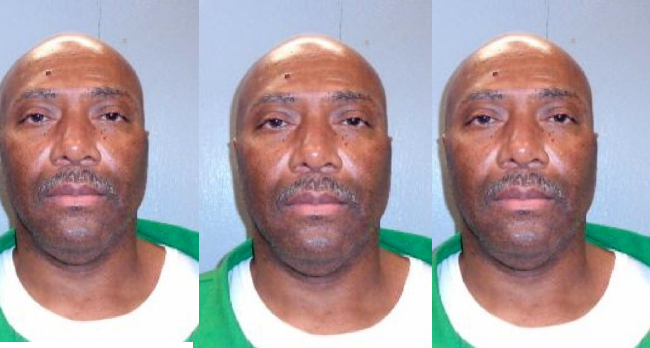Richard Moore, a 59-year-old Black man, was executed by lethal injection on Friday evening at a Columbia prison, marking South Carolina’s second execution in over a decade. Moore was convicted in 2001 for the 1999 fatal shooting of James Mahoney, a white convenience store clerk, during an incident that Moore’s defense argued was self-defense.
The case has drawn significant attention due to allegations of racial bias. Moore was sentenced to death by an all-white jury, despite the crime occurring in Spartanburg County, which had a 20% Black population at the time. His attorneys contended that the prosecution dismissed all potential Black jurors, leading to an unrepresentative jury composition.
Moore entered Nikki’s Speedy Mart unarmed on September 16, 1999. According to his defense, he got into an argument with Mahoney over being short of money for a purchase. Mahoney allegedly drew two firearms, prompting a struggle during which Moore wrested one gun away and fatally shot Mahoney while sustaining an arm injury himself. Prosecutors, however, maintained that Moore intended to rob the store, noting that he left with $1,400 and attempted to buy crack cocaine shortly after the incident.
Efforts to halt the execution included appeals to the U.S. Supreme Court and a clemency petition to Governor Henry McMaster, both of which were denied. Supporters, including former South Carolina Department of Corrections Director Jon Ozmint, highlighted Moore’s positive behavior during his two decades on death row, describing him as a “changed man” who would not have received a death sentence in most states.
Moore’s execution has reignited debates over racial disparities in the application of the death penalty in South Carolina. Data indicates that Black individuals constitute more than half of the state’s death row inmates, despite comprising only 27% of the population. Critics argue that cases involving white victims are more likely to result in death sentences, reflecting systemic biases.
In his final statement, Moore expressed remorse to Mahoney’s family and conveyed love to his own. His execution underscores ongoing concerns about racial inequities in the criminal justice system and the ethical implications of capital punishment.





2 Comments